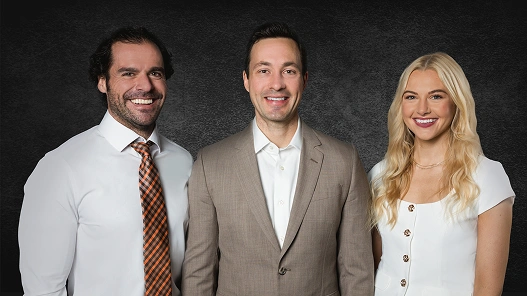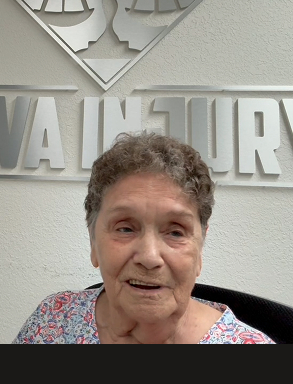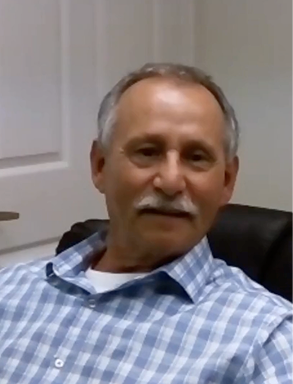A algunas víctimas de accidentes les preocupa haber cometido un error en la carretera, aunque el camión les haya atropellado. Ahí es donde Utah modificada regla de negligencia comparativa entra en juego.
Usted todavía puede recuperar los daños si usted es menos del 50% de culpa culpa. Sin embargo, su indemnización se reducirá en función de su parte de responsabilidad. Por ejemplo, si tienes un 20% de culpa, sólo recibirás el 80% del total de los daños.
Las empresas de transporte a menudo utilizan esta ley para echar la culpa a los conductores lesionados. No dejamos que eso suceda sin una lucha en Silva Injury Law. Nos oponemos con pruebas, análisis de expertos, y argumentos claros que muestran lo que causó sus lesiones.
Pasos a seguir después de un accidente de camión en Provo
Las secuelas de un accidente de camión son abrumadoras, pero tomar las medidas adecuadas puede fortalecer su caso y proteger su salud.
Empieza por llamar al 911 y busca atención médica inmediata, aunque las lesiones parezcan leves. La adrenalina tras un accidente puede ocultar problemas graves. A continuación, si eres físicamente capaz, recaba información de contacto, haz fotos del lugar y evita hacer declaraciones al camionero o a su jefe.
Por último, antes de hablar con una compañía de segurosespecialmente uno que representa el negocio de camiones, póngase en contacto con un abogado de accidente de camión de Provo. Decir lo incorrecto en una llamada grabada podría dañar su reclamo incluso antes de que comience.
Por qué las empresas de transporte se mueven rápido y por qué usted también debería hacerlo
Una de las realidades más frustrantes de los casos de accidentes de camiones es la rapidez con que responde la otra parte. La aseguradora de la compañía de camiones puede enviar investigadores a la escena a las pocas horas del accidente. Pueden reunir pruebas físicas, entrevistar a testigos y empezar a construir una defensa antes incluso de que hayas salido del hospital.
Cuanto más espere para obtener representación legal, más tiempo tendrá la otra parte para dar forma a la narrativa.
En Silva Injury Law, sabemos cómo actuar con rapidez para preservar la evidencia crucial como:
- Imágenes de la cámara del coche o de vigilancia,
- Datos de la "caja negra" de a bordo,
- Registros de mantenimiento de vehículos,
- localización por GPS, y
- Libros de registro y horarios de los conductores.
Actuamos con rapidez porque sabemos lo que está en juego y nos negamos a que el sector del transporte por carretera controle la historia.













 EMAIL
EMAIL  Pregunte a AI
Pregunte a AI  Acceda a
Acceda a